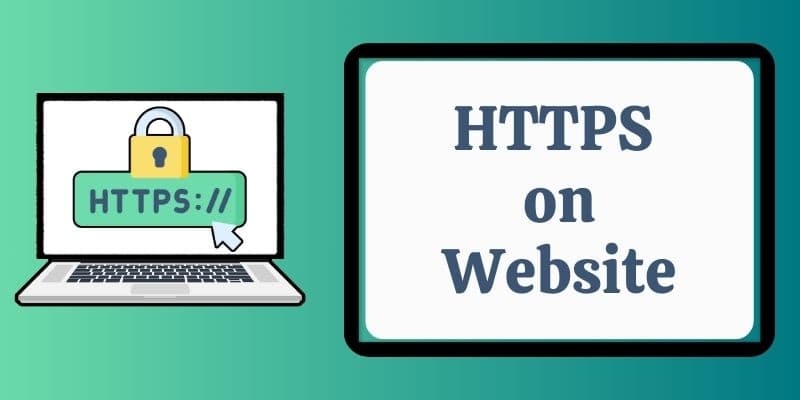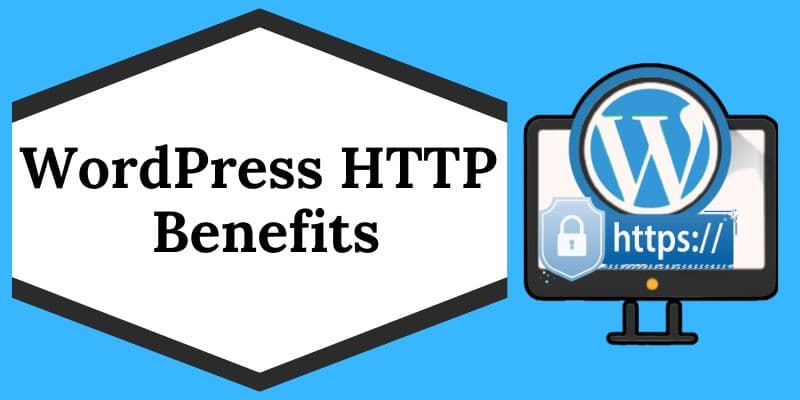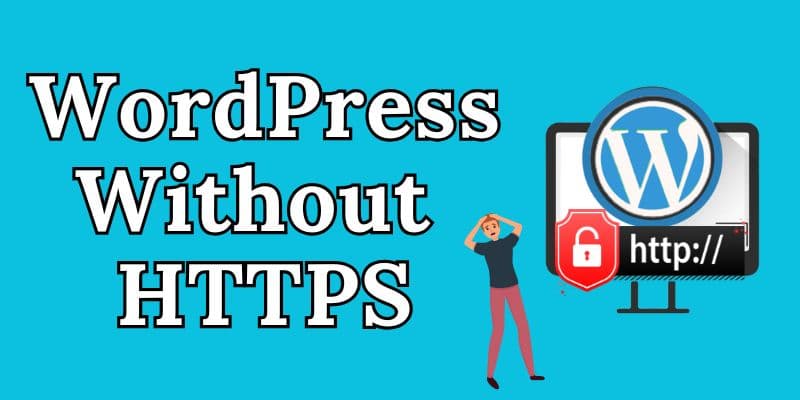Securing Your Website with HTTPS and the WordPress HTTP API
Are you tense about the security of your website? With cyber-attacks becoming increasingly common, ensuring your site is protected is more important than ever. Fortunately, HTTPS and the WordPress HTTP API can help you secure your website and keep it safe from malicious hackers.
This article will explore how these tools work together to create a powerful defense against cyber threats. So if you're prepared to take control of your website's security, read on!
WordPress hosting is important for the WordPress HTTP API because it provides a secure and stable environment for the API to function properly. The HTTP API is a set of functions that allows developers to access various services and data from external sources, and it is an integral part of the WordPress core. AccuWeb Hosting comes with WordPress hosting.
How to Enable HTTPS on My Website?
Enabling HTTPS on your website involves acquiring an SSL/TLS certificate while configuring your web server to utilize it.

Here are the steps you can follow:
- Purchase a free SSL/TLS certificate from a trusted certificate authority (CA) like Let's Encrypt, Comodo, or DigiCert. Some web hosting providers may also offer SSL/TLS certificates as part of their hosting packages.
- Install the certificate on your web server. This process can vary depending on your web server software and hosting provider. Typically, you must generate a certificate signing request (CSR), submit it to the CA, and install the certificate and any intermediate certificates on your server.
- Configure your web server to use HTTPS. This involves updating your server configuration to redirect HTTP requests to HTTPS and setting up HTTPS virtual hosts.
- Test your HTTPS setup to ensure it is working correctly. Online tools like SSL Labs can check your SSL/TLS configuration.
Once you have enabled HTTPS on your website, visitors can access your site securely using the HTTPS protocol. This provides:
- An encrypted connection between the visitor's web browser and your web server.
- Helping to protect sensitive data such as login credentials.
- Payment information.
- Personal information.
What Are the Benefits of WordPress HTTP?
I believe you meant to ask about the benefits of WordPress HTTPS (not HTTP), so here they are:

- Improved security: HTTPS encrypts data exchanged between the user's browser and your website, making it more difficult for attackers to intercept or manipulate the data. This is particularly important if your website processes sensitive data like login credentials, payment information, or personal information.
- Better search engine rankings: Google and other search engines prioritize secure websites over non-secure ones. By enabling HTTPS, you can improve your search engine rankings, which attract more visitors to your website.
- Increased trust: HTTPS signals visitors that your website is legitimate and trustworthy. This can help you build trust with your audience and increase engagement on your website.
- Compliance with data protection regulations: If your website processes the personal information of EU citizens, the GDPR requires you to implement appropriate security measures like encryption. By enabling HTTPS, you can meet this requirement and avoid potential fines.
- Future-proofing: The trend toward HTTPS adoption is growing rapidly, and HTTPS will likely become the default standard for all websites in the future. By enabling HTTPS now, you can future-proof your website and avoid making costly changes later on.
What Are the Risks of Not Enabling WordPress HTTPS?
The risks of not enabling HTTPS on your WordPress website can be significant.

Here are some of the possible risks:
- Security breaches: Without HTTPS, data exchanged between the user's browser and your website can be intercepted, read, or manipulated by attackers. This can result in security breaches, data theft, and other cyberattacks.
- SEO penalties: Google and other search engines prioritize secure websites over non-secure ones. If your website does not use HTTPS, you may be penalized in search engine rankings, resulting in reduced traffic and visibility.
- User distrust: HTTPS is necessary for users to be able to share sensitive information with your website, such as their personal details or payment information. This can result in reduced engagement and lower conversion rates.
- Legal and regulatory compliance: If your website processes the personal information of EU citizens, the GDPR requires you to implement appropriate security measures like encryption. Without HTTPS, your website may not comply with these regulations, which can result in legal penalties and reputational damage.
- Compatibility issues: Some newer web technologies and features may only work over HTTPS. HTTPS is necessary for you to avoid compatibility issues and limit the functionality of your website.
Are there Any other Benefits to Using WordPress HTTP Instead of WordPress HTTP/2?
You meant to ask about the benefits of using WordPress HTTP/1.x instead of WordPress HTTP/2, as WordPress uses HTTP by default.
Here are some potential benefits of using WordPress HTTP/1.x over HTTP/2:
Compared to previous versions of the protocol, HTTP/2 is an optimized binary (rather than textual) protocol that allows multiplexing of requests and responses, as well as header compression.
With it, web servers can "push" resources to consumers before they even request them, further reducing any delay between them and the servers.
Furthermore, HTTP/2 offers significant performance improvements over HTTP/1.1. For example, the new header compression algorithm reduces header size to optimize efficiency. As a result of these improvements in speed and performance, your site's Core Web Vitals scores can be improved and your search ranking can be boosted.
To take advantage of these benefits, your server must support HTTP/2, and most major browsers, including Chrome, Edge, Safari, and Firefox, support HTTP/2 as well.
That being said, HTTP/2 offers a number of benefits over HTTP/1.x, including improved performance, reduced latency, and better resource utilization. Therefore, if you have a modern web server and your audience uses modern browsers, it is generally recommended to use HTTP/2 to take advantage of these benefits.
Final Note:
In conclusion, not enabling HTTPS on your WordPress website can lead to serious risks like poor security, lower SEO rankings, lost user trust, and even legal problems. HTTPS keeps data safe, builds trust with visitors, and helps your website perform better. For WordPress sites, it also ensures smooth communication with the HTTP API.
I recommend enabling HTTPS immediately to protect your site and give your visitors a safer experience. It’s important to keep your website secure and help it grow.
- ✔ Be Respectful
- ✔ Stay Relevant
- ✔ Stay Positive
- ✔ True Feedback
- ✔ Encourage Discussion
- ❌ Avoid Spamming
- ❌ No Fake News
- ❌ Don't Copy-Paste
- ❌ No Personal Attacks


